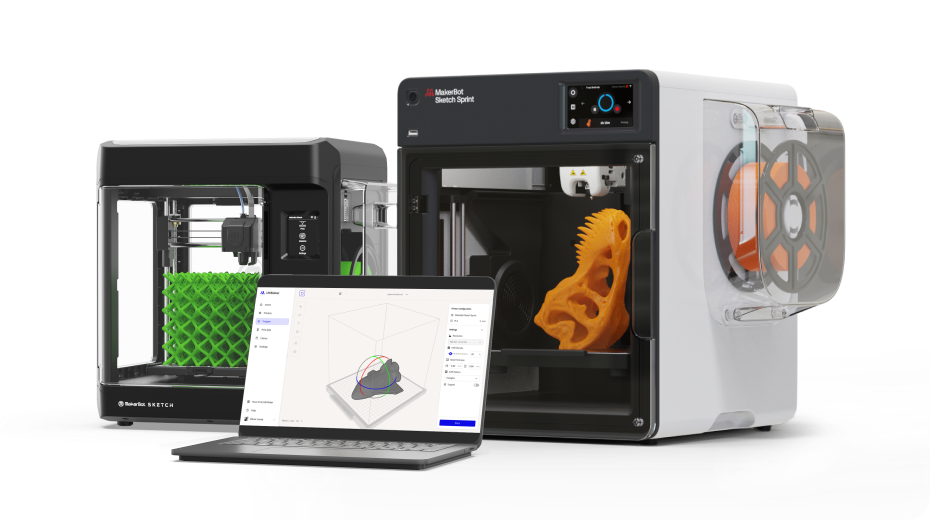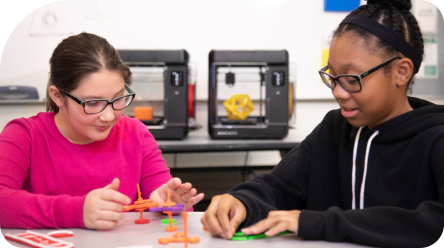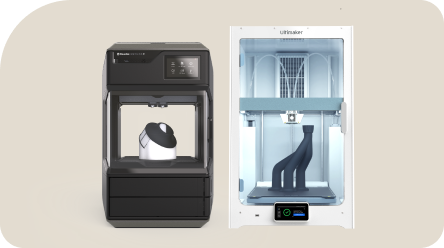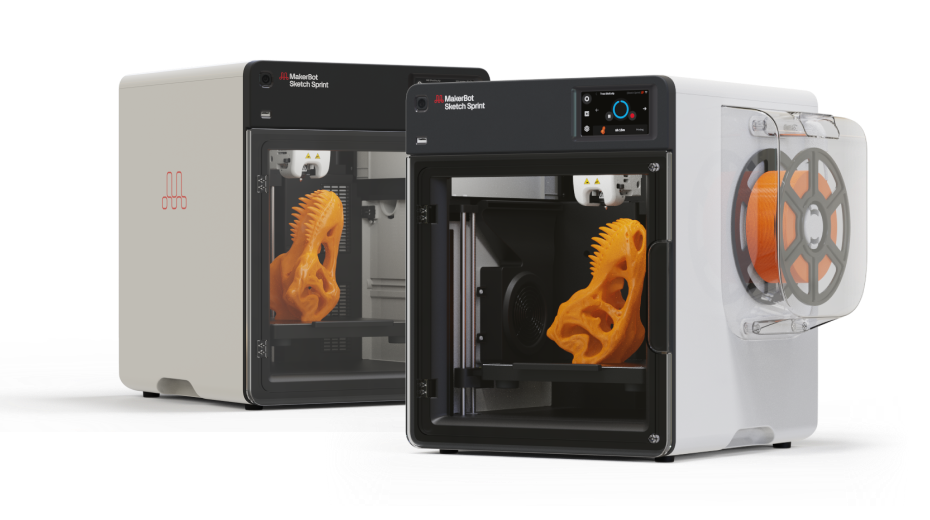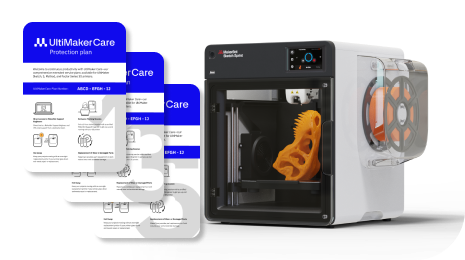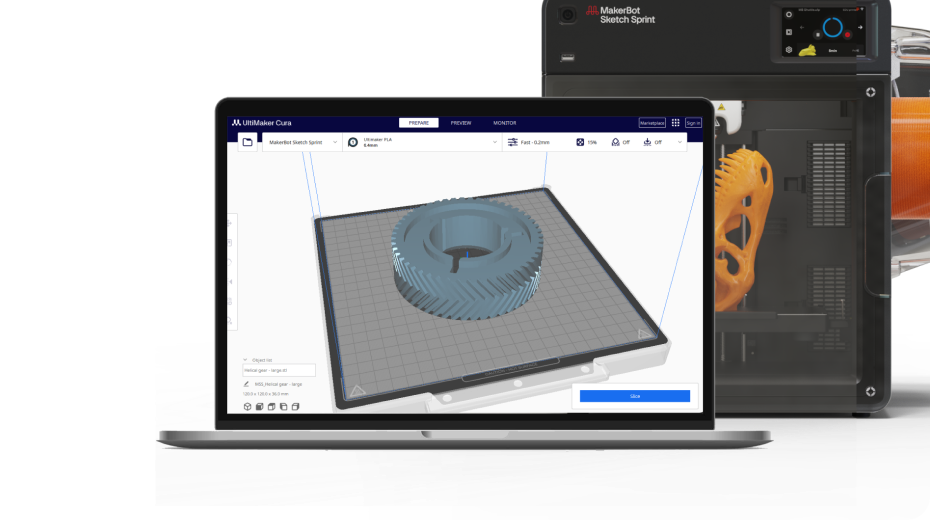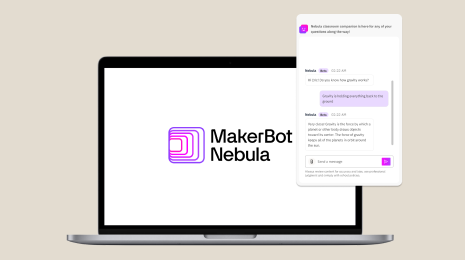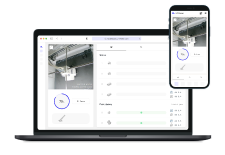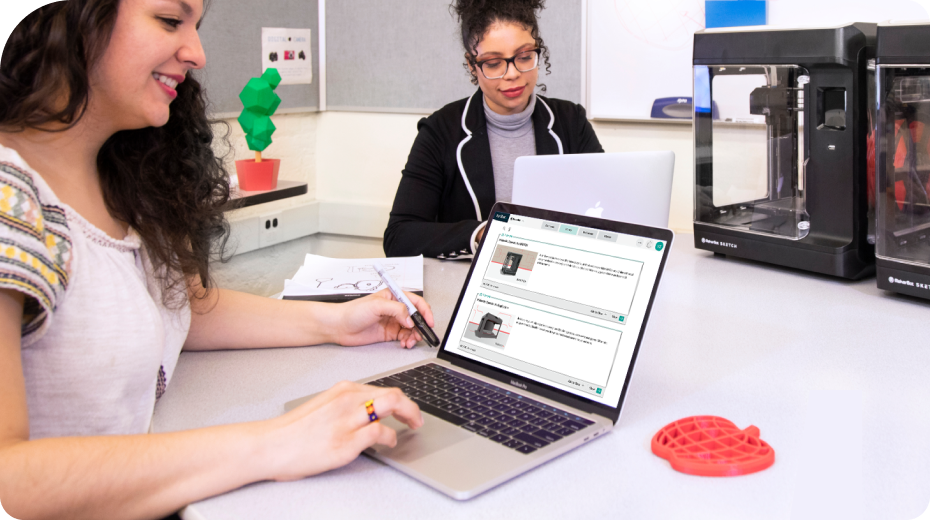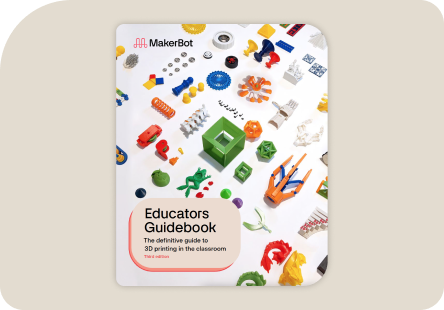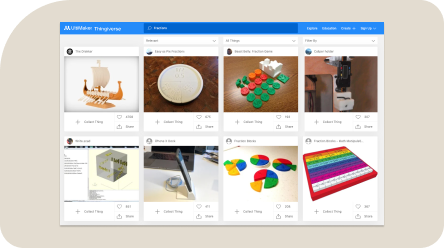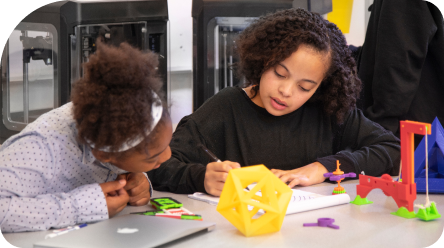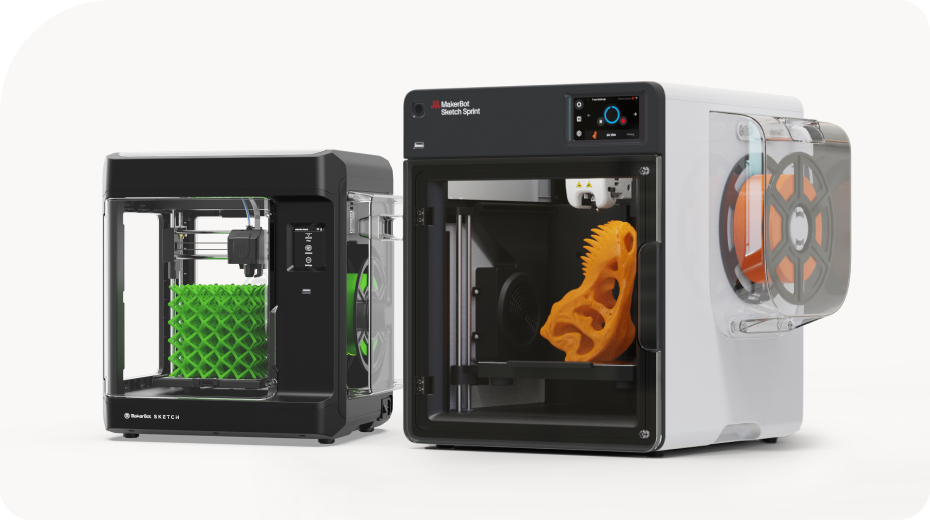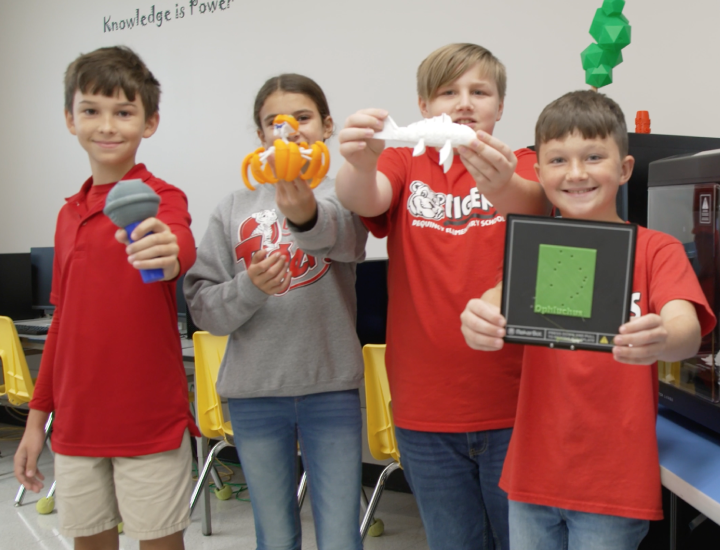The needs of today's workforce are in a constant state of change. Sschools are working hard to keep up, but they can’t do it alone. Employers need job-ready talent, and educators need tools, training, and support to help students succeed in a changing society.
The solution? Strong partnerships between education and industry. These partnerships go beyond sponsorships and career day talks; they’re about shared purpose, ongoing collaboration, and real-world impact.
Here’s how companies can play a meaningful role:
Start with shared goals
For schools, the goal might be giving students hands-on access to new technologies to build critical skills. For companies, it might be building a stronger local talent pipeline or boosting brand visibility through community engagement.
Sit down with school leaders to identify shared priorities. Whether it’s increasing access to STEM, supporting career exploration, or improving technical skills, clarity early on sets the stage for long-term alignment and impact.
Offer more than just equipment
While equipment for the classroom is valuable, true value comes when educators are supported in how they can integrate these tools into teaching and learning:
- Co-create curriculum: Help develop lesson plans that teachers can use directly in the classroom to support a variety of subjects, from math to history, from art to science
- Train the teachers: Offer workshops, certifications, webinars, or other resources so9 that educators can feel confident with new technologies
- Bring the real world into the classroom: Share real world examples and applications and invite students to solve them, such as design challenges
We have found success that when 3D printers are part of the full ecosystem, the learning is deeper, more sustainable, and more engaging. The MakerBot education ecosystem comes complete with curriculum, standards aligned training, and a plethora of free resources teachers can use in their classroom.
Think long-term, not one-off
This should never be a one-semester project. True partnership takes consistent effort.
- Ongoing collaboration: Meet regularly with educators to learn how things are going, current challenges, and evolving student needs.
- Learning experiences: Start small – even job shadowing or Q&A sessions with employees can spark student interest.
- Establish feedback loops: As your industry evolves, help schools stay updated so students build relevant skills. Being open to feedback is important to ensuring success.
Use existing resources and programs
The good news: there are many programs and funding sources designed to support exactly this kind of work. Leverage existing Career and Technical Education (CTE) frameworks, STEM initiatives, and grant programs. Explore where your company can step in. Support learning pathways with your tools, time, and expertise.
We offer a variety of resources, beyond 3D printers. From the MakerBot Certification programs educators and students, ISTE-aligned training, free webinars that take 3D printing from concept to reality, hundreds of lesson plans, funding alternatives, and Nebula, our AI-powered education platform designed to help educators find these opportunities more easily and personalize content that meets classroom and student needs.
Celebrate success and scale
Build momentum by sharing stories of success. Highlight student projects, recognize teacher innovations, and strengthen industry involvement. This helps advocate for continued support and inspire others to get involved.
At UltiMaker, we’ve seen incredible outcomes when students design real-world solutions: from medical devices to drone parts. These aren’t just school projects; they’re also proof that when given the tools and support, students rise to the challenge.
The path forward
Now is the time to move from vision to action. Because the only way to close the skills gap is to close the gap between education and industry. When companies partner with educators, everyone benefits:
- Students gain exposure to meaningful careers and skills.
- Schools receive resources that support instruction.
- Businesses build stronger talent pipelines and brand credibility.
Schools that embrace real-world collaboration will better prepare their students, not just for the jobs of tomorrow, but also for the challenges of today.
